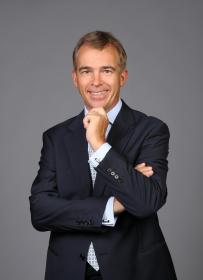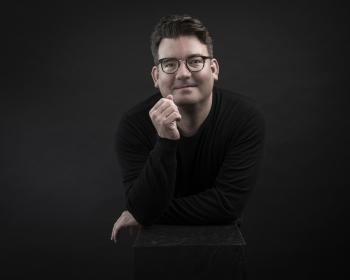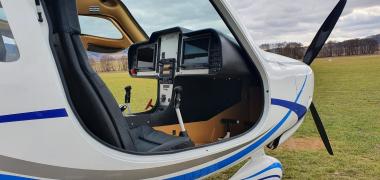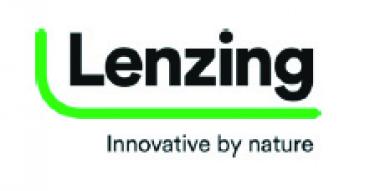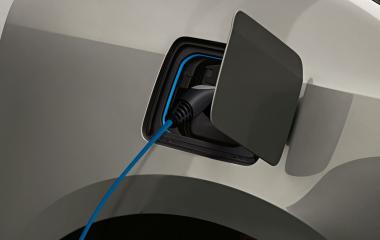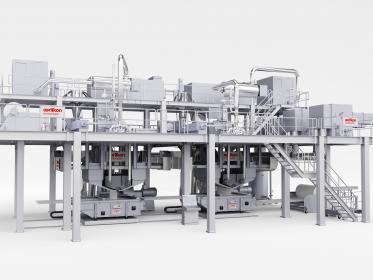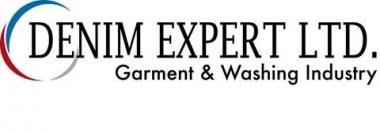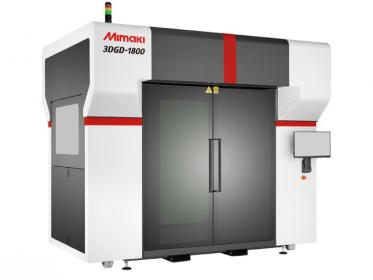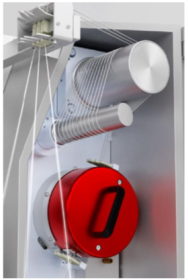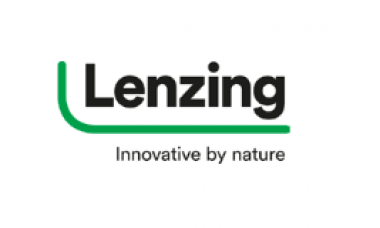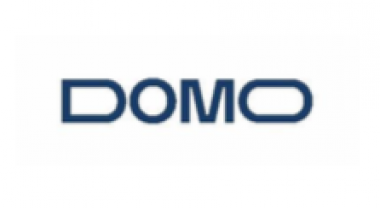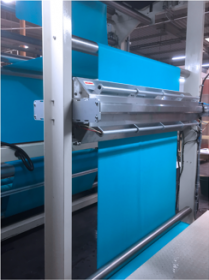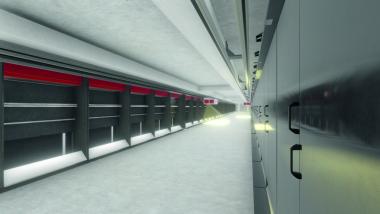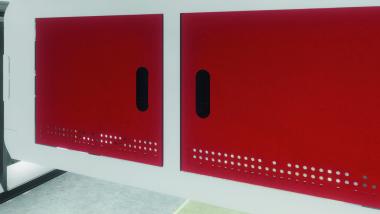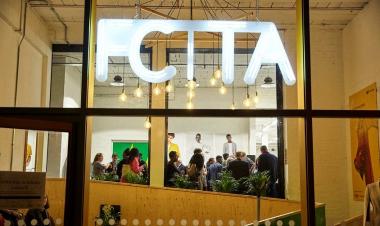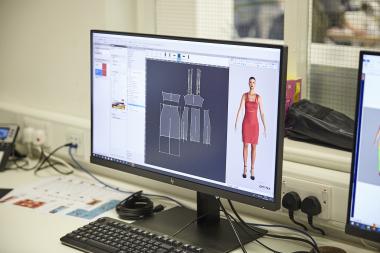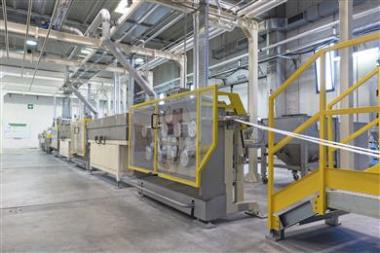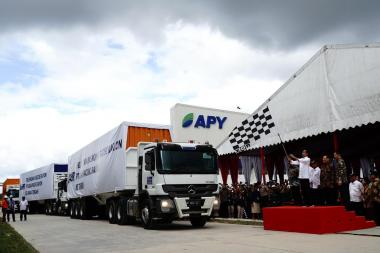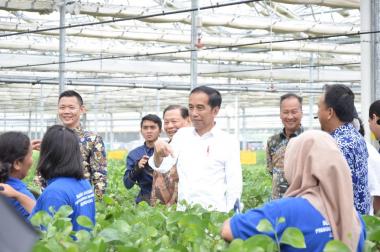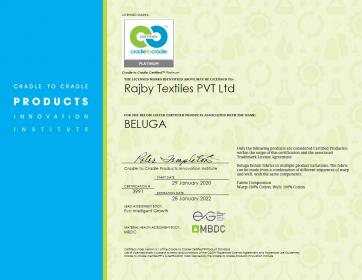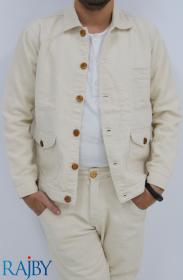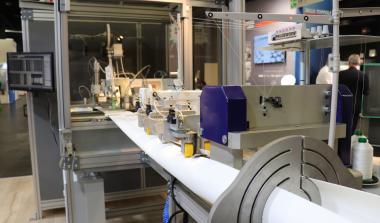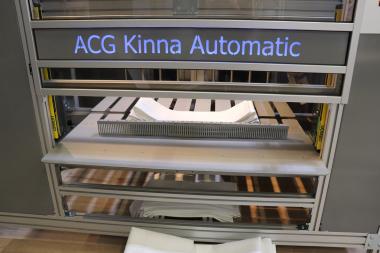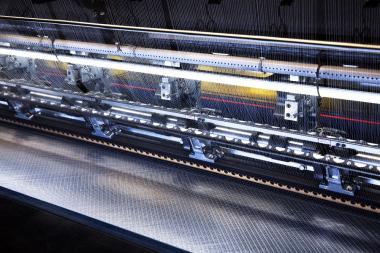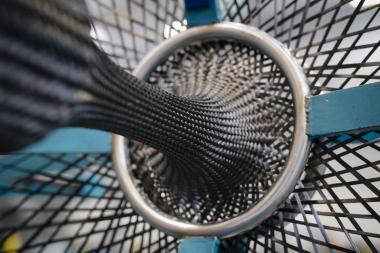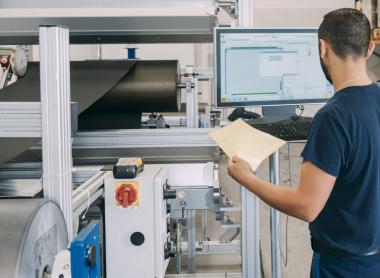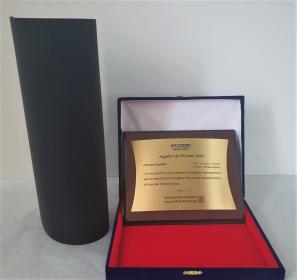Start of 3-years Interreg cross-border project AACOMA is kicked-off
- AACOMA - Accelerate advanced composite manufacturing
- EMR Region Belgium, the Netherlands & Germany area hot spot for the future of lightweight materials and technologies
The Euregio Meuse-Rhine provides a huge potential with its many highly innovative, leading companies and especially SMEs which are active in the area of advanced material manufacturing in many industrial sectors, such as Automotive, Aerospace, Electronics, Building and Infrastructure, etc. The advanced material sector is growing, with a consolidated offer, ranging from raw material producers over technology development to production, research and development as well as industrial OEMs.
Interreg Euregio Meuse-Rhine invests EUR 96 million from the European Regional Development Fund (ERDF) in the period 2014-2020. Through the investments in cross-border projects, the European Union invests in the economic development, innovation, territorial development and social inclusion and education of this region.
Project
The Euregio Meuse-Rhine is a potential hot-spot for the further development of advanced material and process technologies. Technical Centers and Institutes around Aachen/Germany, Liège/Belgium and Eindhoven/The Netherlands were awarded with this new project AACOMA.
Innovative material design and advanced manufacturing provide large opportunities for SMEs. The AACOMA project kick-off took place in Aachen at the Campus of the RWTH University of technology in 1 Q 2020. The aim of the project, which is running for 3 years until 2023 with a budget of €3 Mio, is to connect SMEs with innovation hot-spots like institutes and technical centers.
Seven partners from all three regions will carry the project out: Centexbel is the project leader and gets support by University of Liège, Sirris and Flanders Make from Belgium, as well as Fontys University of Applied Science and AMIBM of Maastricht University in the Netherlands and AMAC in Germany.
Statements
Bernard Paquet, Project Coordinator from Centexbel/ Belgium stated:
“Centexbel, with a strong experience in textile and composites, will identify with its Interreg partners and an advisory board of international experts several demonstrators which will enable an accelerated advanced manufacturing of composite parts. This could include new materials and intermediates, high performance additives, bio-based products and new composites by additive manufacturing”.
Michael Effing, Managing Director of AMAC/ Germany said:
“The major goal of the project is to connect around 200 innovative SMEs with each other and establish the links to the world-class institutes in the EMR region. We will facilitate 6 roadshow events, addressing key topics like automated manufacturing, additive manufacturing or bio-based material systems combined with match making and training events. The first roadshow will be held on September 24, 2020 at the Aachen Campus of the RWTH University of Technology.”
Prof. Gunnar Seide from the AMIBM/The Netherlands continued:
“Our AMIBM offers already an international master program on bio-based materials. The AACOMA project will be an important element for transborder research and will identify new players in the value chain coming from the EMR region. Innovative companies find markets for their new bio-based building blocks, chemicals and polymers. Their success stories and upcoming technological breakthroughs are needed for a sustainable future.”
Euregio AACOMA AMAC AMIBM Centexbel RWTH Aachen ITA lightweight components automotive textiles aerospace market electronics building materials Infrastructure
Marketing and Communications Director AMAC GmbH




